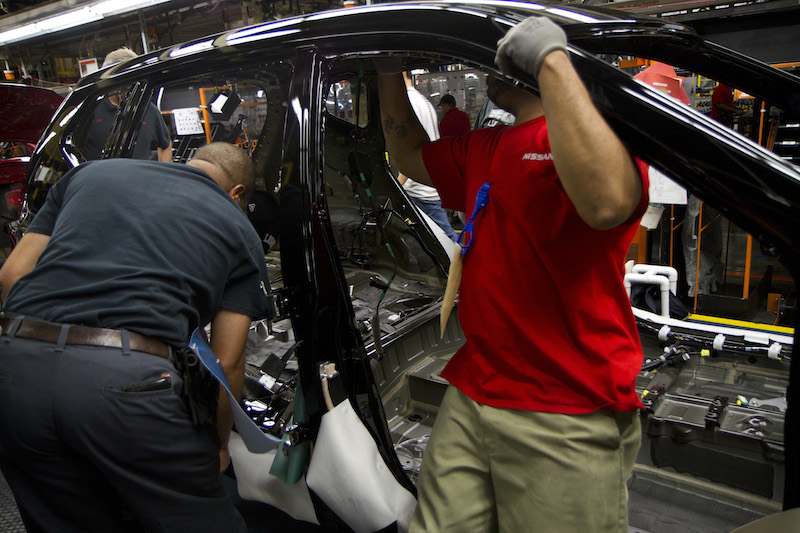
The Haslam administration is trying to strengthen controls on corporate subsidies while not coming down too hard on the increasingly common practice of hiring employees through temp agencies.
It’s become the norm in manufacturing for workers to start out on the payroll of a staffing firm. The question is whether those jobs should still qualify for automatic state incentives, at least at the same rate. Right now, they do.
“Under current law, [the state] has to incentivize a temp agency at the same rate as they would incentivize a permanent employee,” Rep. Tilman Goins (R-Morristown) told a House subcommittee, which unanimously approved
a bill written by the administration that gives the state more discretion.
There’s been no resistance to the policy change, but there has been some confusion. Instead of “temp agencies,” the bill uses more business-friendly terms like “co-employment” and “professional employer organization.”
“Let me ask you something,” Sen. Thelma Harper (D-Nashville) interjected at a recent hearing. “You’re using the [term] ‘professional employer organization.’ Do you think most people understand what you’re talking about?”
“Uhhh, no,” said Sen. Jack Johnson (R-Franklin), who is shepherding the bill in the senate.
The word “temp” is something of a misnomer because the employees could work in the positions for years. Johnson said the point of the legislation is to limit incentives only for jobs that might last fewer than 90 days or so. The state doesn’t have a problem with companies that use staffing firms but intend to keep their employees on a more permanent basis, he said.
“In that type of instance, they’d be happy to provide those type of incentives,” Johnson said.
Johnson and most legislators don’t voluntarily bring up Franklin-based Nissan North America, which has
been in the news over the past year because of its reliance on staffing firms. The United Auto Workers accuses the company of running its factories in Tennessee with 50 percent temporary labor. The company says it’s closer to the industry standard of a third or less.
Under Tennessee’s open records law, WPLN asked for email traffic related to HB76/SB86 and is still waiting for the state to fulfill the request.
A spokesman for the Department of Economic and Community Development says the proposed policy change does not target any specific company.
“There was nothing other than: We thought the law needed to be modified,” assistant commissioner Clint Brewer said.
Rep. Mike Sparks (R-Smyrna) has been calling out Nissan for the last year. He originally proposed trying to withhold incentives from the company for its use of temporary labor. Instead, he has signed on as a co-sponsor of the Haslam administration’s bill.

